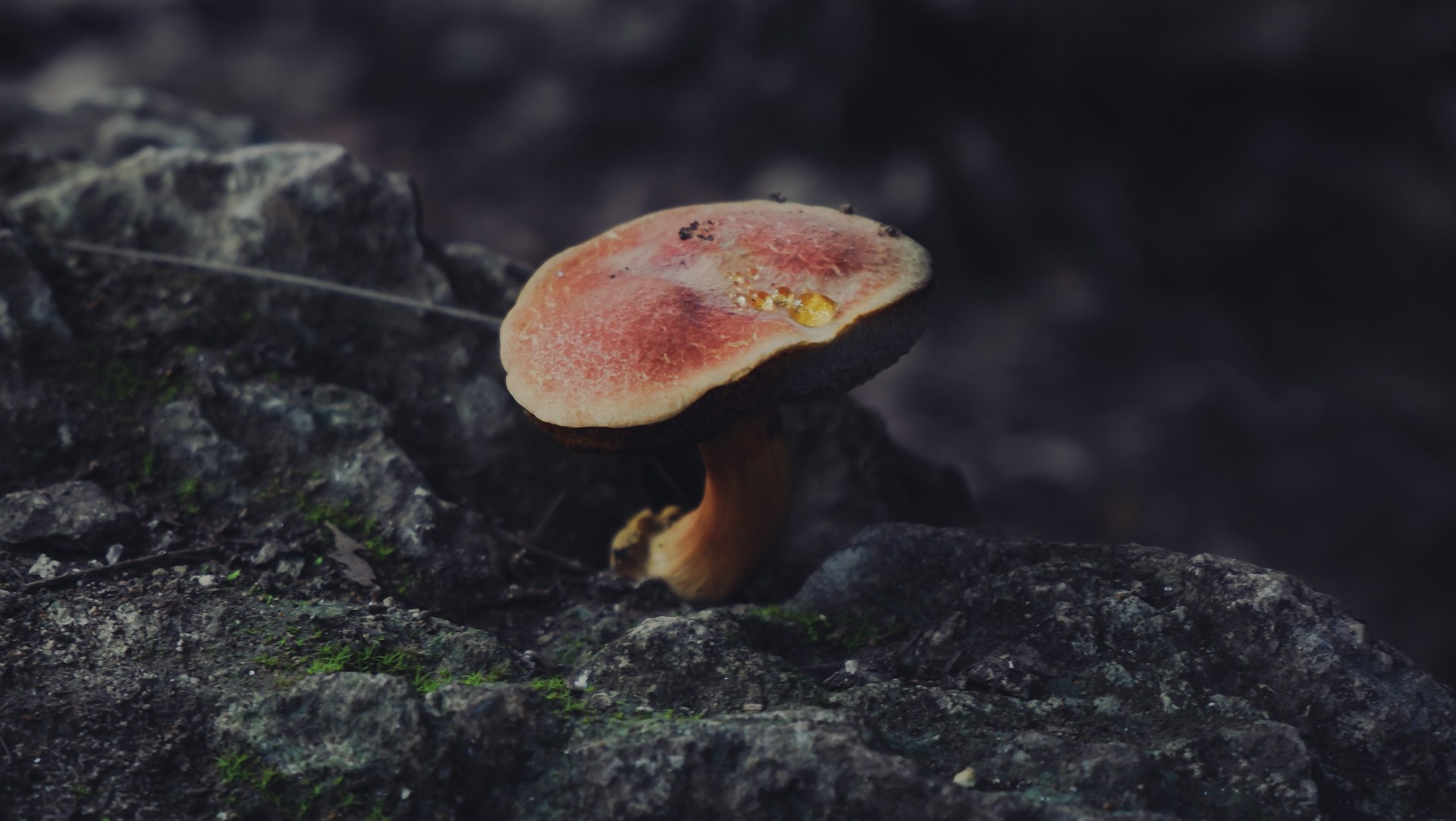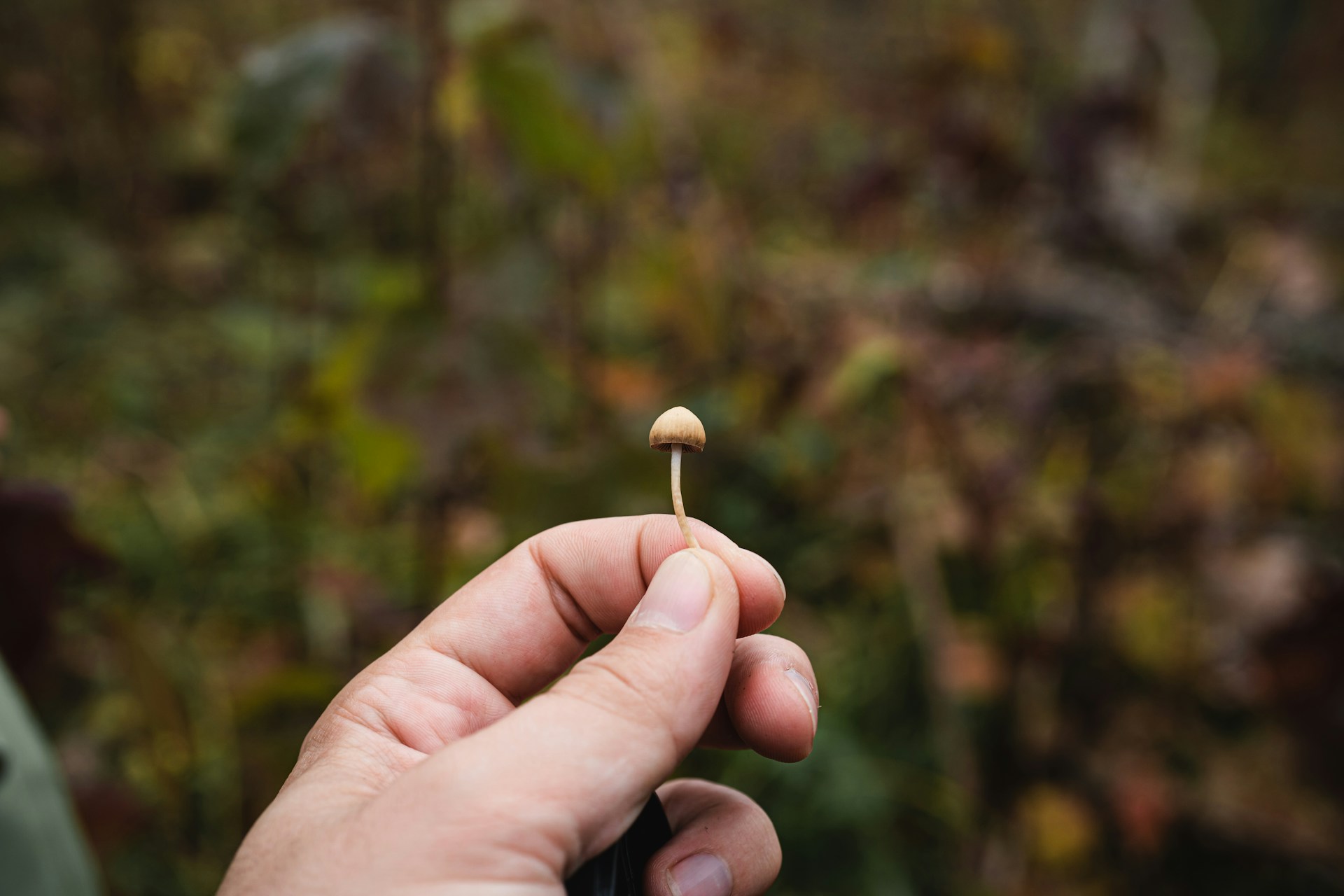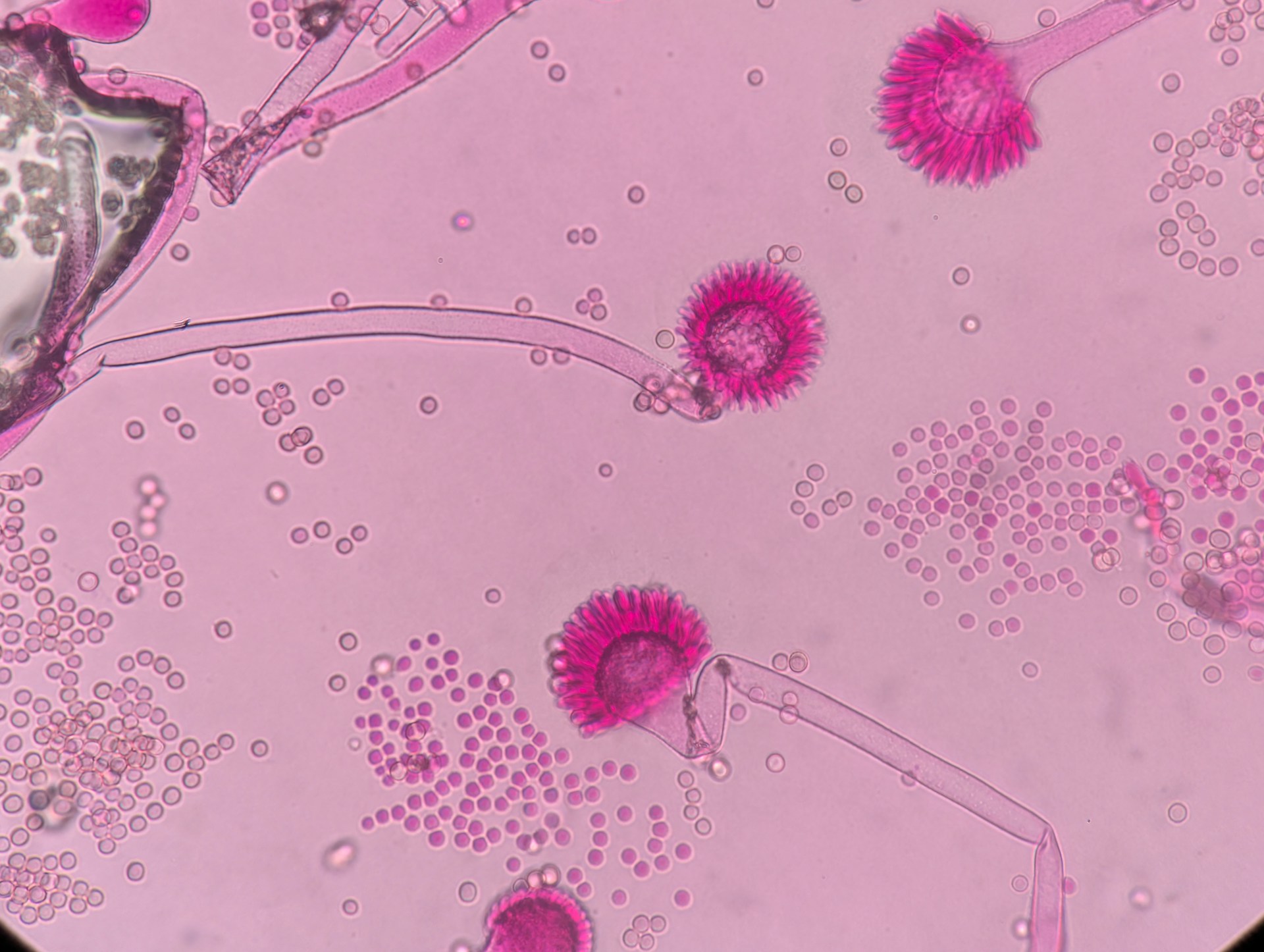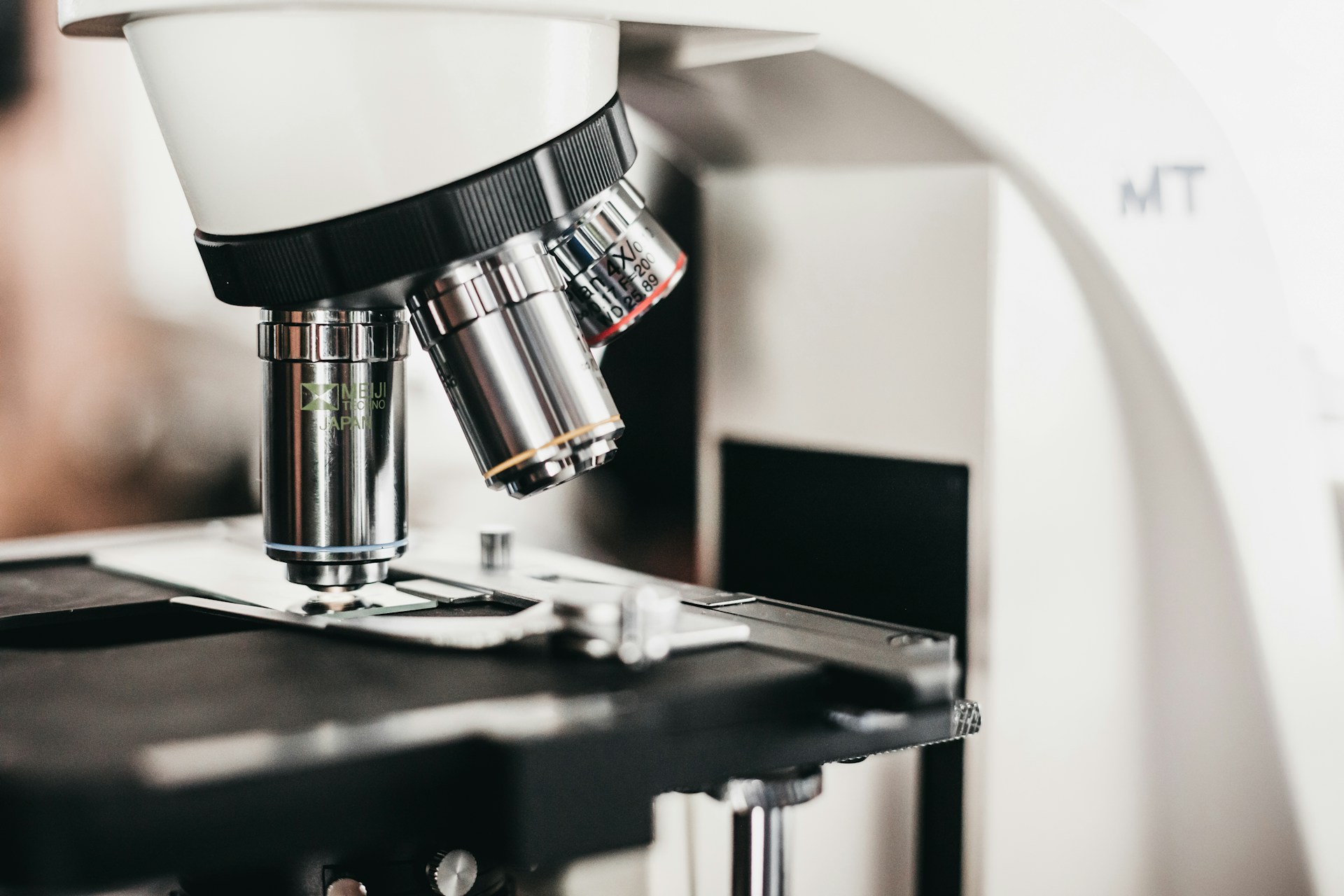- Isolated and regular spore syringes are your primary options when ordering spore syringes for mycology purposes.
- Learning more about the differences between an isolated syringe vs a regular spore syringe is an effective way to determine which is the better option.
- Regular spore syringes are generally considered the best choice for beginners, while those with more experience should typically opt for isolated spore syringes.
Are you preparing to kickstart a mycology journey and study psychedelic mushroom spores? If so, you may benefit more from getting your hands on regular spore syringes than you would by investing in isolated spore syringes.
Are you already taking part in a mycology journey and experienced when it comes to studying spores? In this case, your best bet might be isolated spore syringes as opposed to regular spore syringes.
However, deciding which type of mushroom spore syringes to choose isn’t always as cut and dry as just considering your experience level. You should also weigh the pros and cons of studying the spores in an isolated syringe vs a regular spore syringe. Discover more about them below.

What Is an Isolated Spore Syringe?
An isolated spore syringe is one that contains spores from one single type of mushroom. It’s typically the ideal choice for someone studying mycology intensely and looking to gain a deeper comprehension of a singular mushroom.
While there are some advanced packs of spore syringes that might work well for beginners, isolated spore syringes are usually reserved for more experienced mycologists.
What Are the Benefits of Isolated Spore Syringes?
Consistency is one of the key factors to success when mycologists study spores. Isolated spore syringes enable them to enjoy more consistent experiences overall, as all the spores in them stem from a single mushroom type. Isolates are known to produce more predictable mushroom growth, while also exhibiting similar appearances.
This is just one of the many benefits of using isolated syringes during a mycology journey. Here are several others:
- Isolated syringes contain mushroom spores with stronger genetics, which often leads to quicker colonizations.
- Their spores’ uniform growth tends to result in increased yields.
- Their spores are more resilient than those found in regular spore syringes, leading to less contamination.
What Are the Drawbacks of Isolated Spore Syringes?
Using an isolated syringe vs a regular spore syringe for mycology purposes comes with a long list of advantages, but it isn’t without its drawbacks. There are also a handful of potential downsides to this approach that mycologists should consider.
For starters, using isolated spore syringes is almost always more expensive than using regular ones. Suppliers must work harder to isolate the spores from a specific type of mushroom, which can drive up the cost of isolated syringes.
These are some of the other drawbacks of opting for isolated spore syringes:
- Isolated syringes fail to offer the same diversity as regular ones, limiting research opportunities for mycologists.
- They have a significantly shorter shelf life, reducing the time researchers have to work with them.
- They require an extremely sterile environment, as well as more advanced research practices that beginners may not yet be ready for.

What Is a Regular Spore Syringe?
A regular spore syringe is a syringe that contains spores from multiple mushrooms. It’s traditionally the perfect option for those just jumpstarting their mycology journey and interested in exploring the wide world of mushroom spores.
Regular spore syringes offer increased variety, providing mycology beginners with a more comprehensive view of mushroom spores and everything they have to offer. Still, this doesn’t always mean more experienced mycologists should write them off entirely, as they can be beneficial for anyone studying spores. Find out about their potential benefits and drawbacks below.
What Are the Benefits of Regular Spore Syringes?
As we briefly discussed when comparing an isolated syringe vs a regular spore syringe, the costs associated with these two types of syringes differ greatly. Mycologists can secure regular syringes for a lot less money than isolated syringes in most cases.
When cost is a concern, they will typically opt for regular spore syringes over isolated ones to save money. However, this is far from the only advantage of choosing regular syringes. Here are a few more:
- Regular syringes are much easier to use, which is a significant advantage for beginners who are still learning how to study mushroom spores effectively.
- They provide more diversity and offer mycologists the opportunity to study a broader range of mushroom strains, thereby gaining a better understanding of their unique differences.
- They have longer shelf lives than isolated spore syringes, provided they’re kept in cool, dark storage spaces, with some remaining viable for over a year.
What Are the Drawbacks of Regular Spore Syringes?
Remember when we touched on how important consistency is to many mycologists when they’re studying mushroom spores? Unfortunately, the biggest drawback of using regular syringes is that you can’t count on them to be consistent because of the diversity they present.
The growth of mushroom spores, in particular, is unpredictable when mycologists use regular spore syringes. Beginners may not mind this, but experienced mycology experts will undoubtedly struggle to complete their studies when they depend on syringes that produce inconsistent results.
Here are some of the other disadvantages of using these syringes:
- Regular syringes contain spores that have weaker genetics than those in isolated syringes, which can lead to them colonizing much more slowly.
- They cannot produce the same high yields that isolated syringes can.
- They are constantly at risk of contamination, as bacteria and mold can pose a greater threat to them than they can to the spores in isolated syringes.

So, Should You Select Isolated or Regular Spore Syringes for Your Mycology Studies?
Choosing between an isolated syringe vs a regular spore syringe may not always be as straightforward as you would like. Although you can consider your experience level and use that to dictate your final decision, the goals of your different mycological studies should also be taken into account to ensure you make the correct choice.
Regardless of which type of syringe you ultimately select, purchase it from a trusted supplier with a proven track record of quality. Eden Shrooms has been providing mycologists with mushroom spore syringes and a range of other products, including spore prints and spore swabs, for nearly 20 years. We also have a talented team of experts who can break down our different products and help you understand them more fully.
Would you like to gather more information about the differences between an isolated syringe vs a regular spore syringe before selecting one or the other? Contact us today for assistance.

